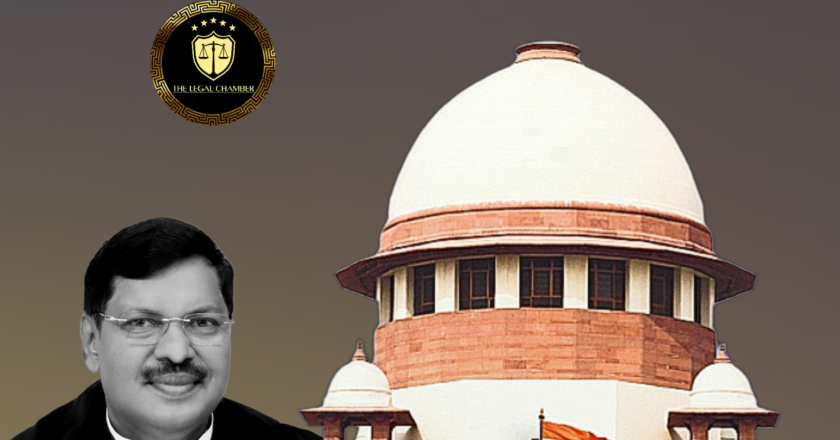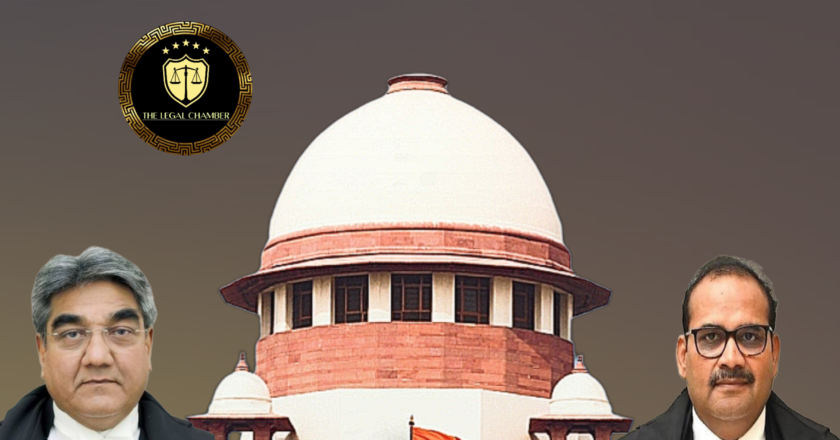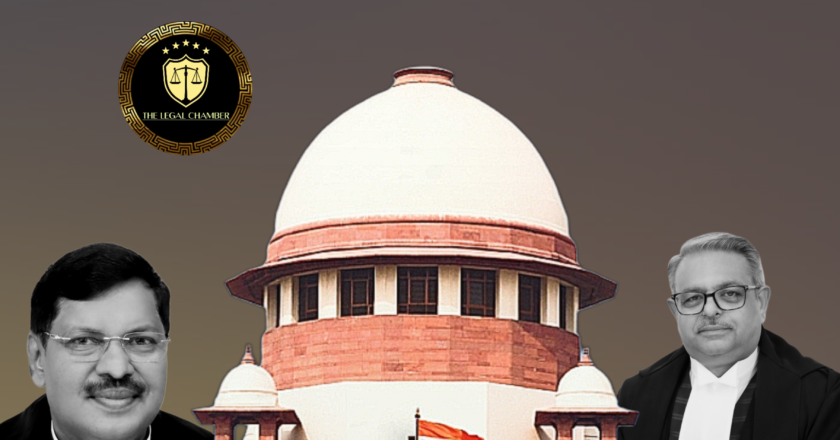Right to Education Act Upheld: Supreme Court Reinstates Teachers Who Qualified TET Later
The Supreme Court held that teachers appointed before 31st March 2015 were granted a grace period until 31st March 2019 to acquire the mandatory Teacher Eligibility Test (TET) qualification under the amended RTE Act. Since the appellants had cleared TET well before this deadline, their subsequent termination solely for lacking the certificate at the initial appointment was illegal and set aside.
Facts Of The Case:
The case concerns the appellants, Uma Kant and another, who were appointed as Assistant Teachers at Jwala Prasad Tiwari Junior High School, Kanpur, in March 2012. Their appointments were made pursuant to an advertisement from July 2011. At the time of their appointment, the mandatory Teacher Eligibility Test (TET) qualification, introduced by a National Counci...









